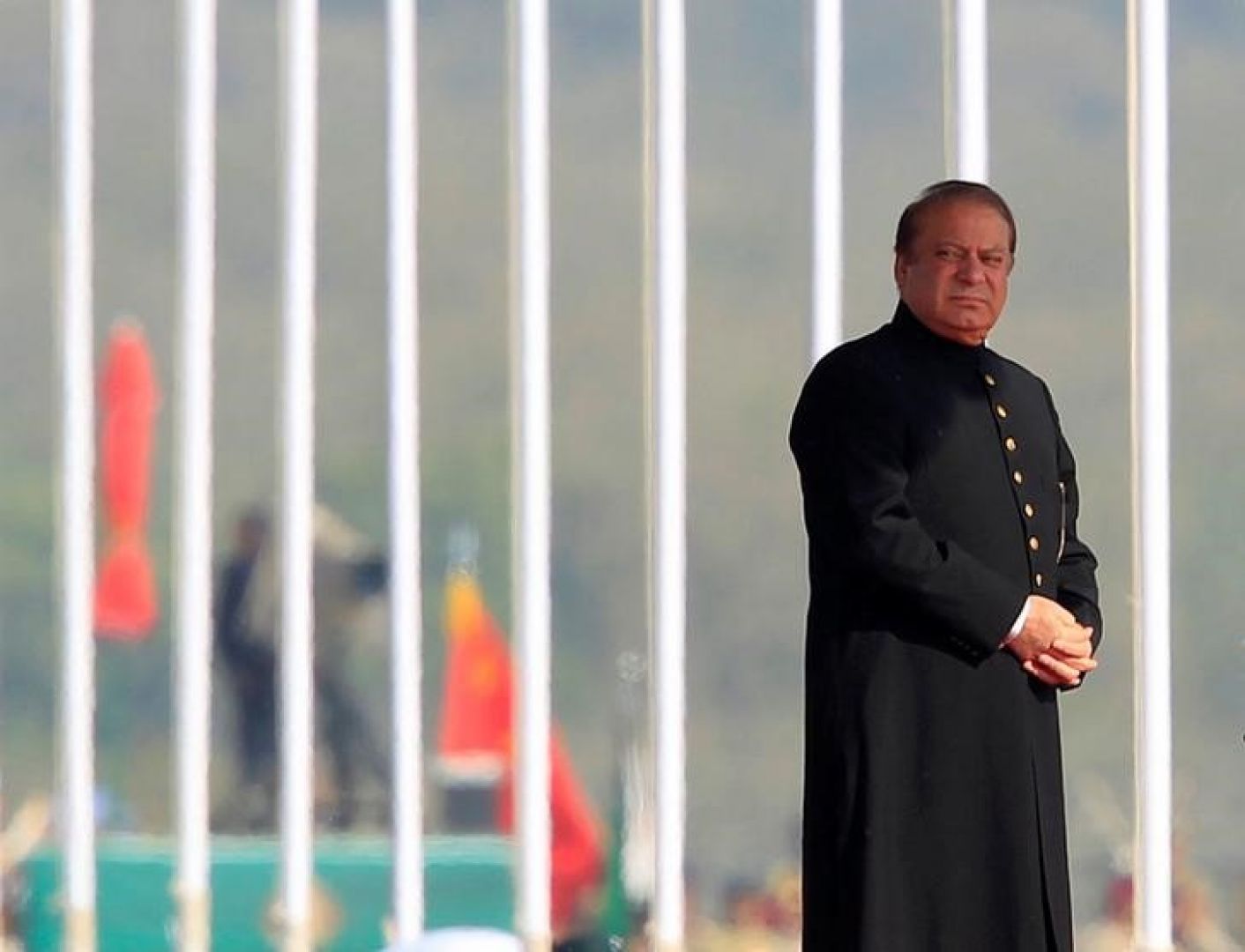Probe into Nawaz Sharif
April 20, 2017 | Expert Insights

What will be the outcome of investigation?
Following the disclosure of the Panama Papers, the Pakistani Supreme Court ordered a Joint Investigation Team (JIT) into the finances of the Prime Minister of Pakistan Nawaz Sharif’s family in a ruling on the 20th of April 2017.
What is the case against Nawaz Sharif?
The Pakistani Prime Minister Nawaz Sharif had been arraigned on corruption charges, linked to the Panama Papers, to be ruled by a 5 person Supreme Court bench that could remove Sharif from his current position.
German newspaper and International Consortium of Investigative Journalism (ICIJ) released 11.5 million files of date from Mossack Fonseca, a Panama based offshore law firm, that has a $2 billion-dollar trail leading to heads of state and other government officials. Amongst those involved, including Vladimir Putin, David Davies and Dominique Strauss-Kahn but most importantly so were the sons and daughter of Nawaz Sharif.
Sharif’s sons and daughter were allegedly storing a significant amount of funds in offshore accounts. The unearthing of the Panama Papers has left the Prime Minister in unenvious position of having to defend himself from opposition parties, the military and within his party itself.
What is the Supreme Court ruling?
Two out of the five judges were in favor of removing the formal allegations but have decided to await the probe results to be carried out by a Joint Investigation Team (JIT) into Sharif’s assets. Although the court ruled that there wasn’t substantial evidence, the 450-page ruling seeks to enquire into the Gulf Steel Mills and the transfer of large sums of money to Qatar.
If Nawaz Sharif is found guilty after the JIT’s investigation, which is to be presented within 60 days, he will be removed from his role as the Prime Minister. However, his political party the Pakistan Muslim League (PML-N) will continue to remain in power. Leaders of the PML-N had deliberated upon holding early elections keeping in mind the verdict.
The military in Pakistan have exercised powers expanding into non-military administrative functions. It has been seen in the past that the military has pressured both President Ghulam Ishaq Khan and Prime Minister Nawaz Sharif into resignation to maintain greater control over the state. It is possible that the military has played a role in order to tie up the Sharif in legal processes before a possible reelection.
How has Pakistan responded to the case?
Imran Khan, who paralyzed the government in 2014 on the grounds of fraudulence in Nawaz Sharif’s election win, has stated the SC ruling will not be questioned by his party Pakistan Tehreek-i-Insaf's (PTI). The PTI, a nominally weak party in terms of popularity, were part of the petitioners in the case that has taken place.
Currently Pakistan is 114th amongst 127 countries on the World Transparency Index. Widespread corruption in the government coupled with unstable areas stimulated by terrorism and insurgency has deterred foreign investment. Sharif’s indictment may pose a grave threat to any investments, especially to the IT sector.
The country has been going through one of its worst periods of terrorist attacks in its history and it could be largely attributed to the political instability and the non-cooperative relationship between the government and the military. The country needs steady leadership to emerge out of a time








Comments